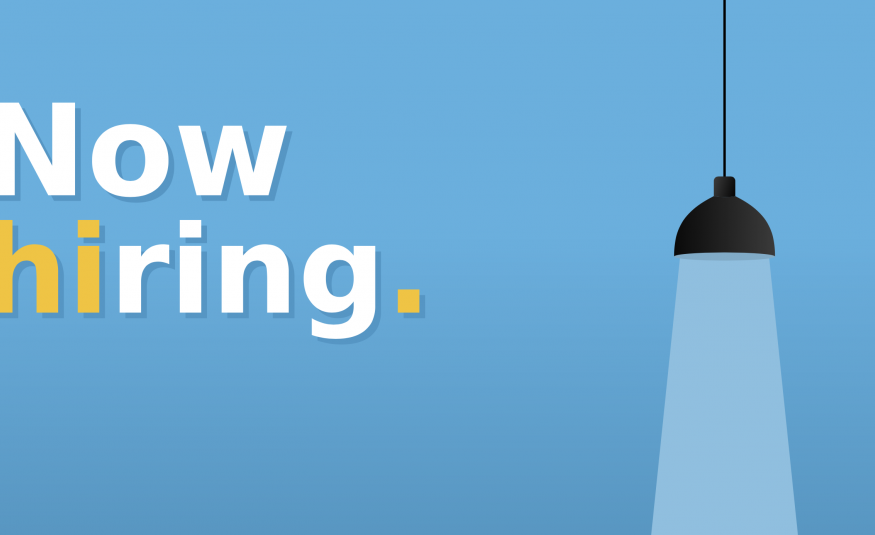Trevor Foley says we need to get the talent piece right in order to move forward
Let me start this article by saying that our industry has done a fantastic job, around the globe, in saving and positioning itself for the post-pandemic world. Now, we need to get the talent piece right in order to move forward as strongly as possible.
Consistently, through 2020 and 2021, the four key issues on our industry’s agenda were: firstly, Covid and all that came with it in terms of government regulations and travel restrictions; secondly, digital, virtual or omni-channel plays; thirdly, sustainability; and fourthly talent.
Being a glass-half-full kind of person I believe, that governments around the world will increasingly realise over the coming weeks and months that we just have to learn to live with the virus. The easing of travel restrictions is, of course, hugely important for our industry.
The digital/omni-channel issues will continue to play out in a positive vein. Covid simply forced an accelerated programme of activity that can only add value to the offering we provide to the communities we serve.
The sustainability agenda is one that our industry is addressing in a way that we can all be proud at all levels within our organisations. From the very top, Informa’s CEO Stephen Carter’s vision and drive in this area is to be admired and industry players, at all levels, are passionately taking their companies and the industry down all the right sustainability routes.
So, talent. This is the year that the industry, our associations in particular, need to address the main issue that will hold back the recovery of our industry. To start with a positive, and I’ve made the point before in this column, at more senior and general management levels I believe that there are more than enough talent options to drive our businesses forward.
However, in the functions of sales, marketing and digital skills, at entry and mid-levels, we have much to do to attract talent. Some groundwork has been done but the industry must now direct money into this area.
There are tools that can be developed to not only help our industry with our talent resources but also to genuinely help people find us. A career in the exhibition industry is amazing for those with the right character traits and we must do more to help the right people find our world. It could be those in schools, colleges and universities trying to find the right way onto the career ladder, or those in the wrong careers looking for a business sector they can enjoy more than their current career choice.
We’ve all come across people in ‘dead end’ jobs – and indeed some not so dead end jobs – whom we know would be good in our industry. With a coordinated approach we can bring in talent on an ‘industrial scale’.
I’ll share just one high-profile example. Many EW readers will be well aware of Chris Skeith, AEO’s fab CEO in the UK. Talking to him at a friend’s wedding, he told me that he worked for the local council in a dull, going nowhere job. I could tell that he had more about him and took him on (twice as it happens). The second time was at the Association of Event Organisers. The rest is history. His contribution to the industry, culminating in his Queen’s honour last year, says it all. It is not difficult to turn this into a science, it just needs funds.
I’m very happy to play my part in what we need to do to attract people at the start of their careers or to help us find people currently working in the wrong industries to find ours. However, the associations need to allocate the funds and drive this essential campaign so that we can make sure we maximise the opportunities that a post-lockdown world will present to us.





